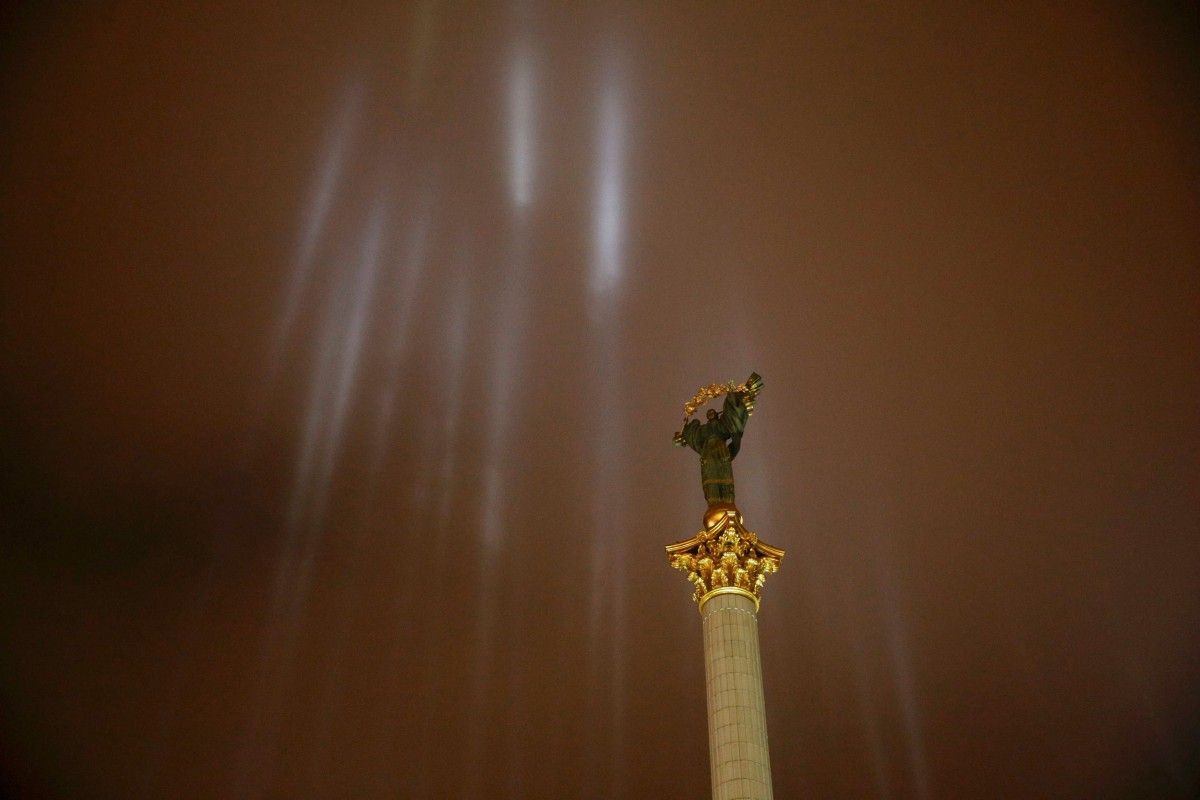
The Foreign Intelligence Service has recently published a 74-page "White Book 2021" analyzing current international threats to Ukrainian security, marking a significant moment in the history of Ukraine's intelligence community.
It is the first time the country's spy agency has gone public in this manner with details of the dangers facing Ukraine, reads a piece by Brian Mefford for the Atlantic Council.
The current shift towards greater openness by an intelligence service that in Soviet times preferred to remain in the shadows is a welcome one, not least because it demonstrates that today's Foreign Intelligence Service (SZR) is busy addressing external enemies rather than spying on Western tourists.
The content of the recently published White Book is even more significant, the report reads. Crucially, it identifies Russia as the main threat to Ukraine's security.
"This kind of straight talk is refreshing," the article reads. "It is also a sign that the intelligence services are no longer Russified."
For a country seeking to gain NATO membership, "such clarity is essential."
The report offers an overview of the diverse range of tools Russia deploys in its ongoing hybrid war against Ukraine, including Moscow's attempts since 2014 to destabilize Ukraine by promoting separatism movements in regions like Odesa and Zakarpattia.
Russia's information war against Ukraine forms a key element of the White Book, as does the Kremlin's increasing use of cyberattacks. Through social media, exploiting the anonymity of the internet, Russia projects its narratives into the Ukrainian informational space. Moscow's key message is the portrayal of Ukraine as an unstable actor prone to far-right extremism. The only solution, according to the Kremlin narrative, is to get Ukraine back to the Russian sphere of influence.
This message has prevailed throughout the seven years of undeclared war between the two nations. Russia also promotes the same narratives internationally as part of efforts to drive a wedge between Ukraine and the country’s Western partners.
The report notes that in the occupied Crimea, Russia is creating conditions for strengthening their nuclear potential. It observes that the Kremlin views Crimea from a purely military perspective and shows little interest in improving living standards for local inhabitants.
Read alsoPutin haunted by "health issues," Ukraine intelligence saysRussia's continued energy blackmail of Ukraine and plans to expand economic sanctions have also been highlighted. A number of scenarios are explored involving Kremlin efforts to push out Ukrainian businesses and replace them with Russian-controlled front firms. Importantly, the report notes: "the determining external factor holding back the implementation of such scenarios is the comprehensive support for our state from the West."
Other cited aspects of Russian hybrid warfare include Moscow's efforts to legitimize in the international arena the occupied regions of eastern Ukraine.
"Finally, in smart move that is likely to strike a chord with ecologically aware European Union audiences, the report points out the environmental problems caused in the Azov Sea by the ongoing Russian occupation," the oped reads.
The report includes details on SZR efforts to become full-fledged participants in the communication systems of NATO and its intelligence services.
The increased 2021 Ukrainian state budget allocation of UAH 4 billion (nearly $140 million) for foreign intelligence operations sends a particularly important signal, showing that Ukraine is prepared to invest in own security. In contrast, over the last five years the SZR budget has been underfunded by around UAH 6.8 billion ($240 million).

